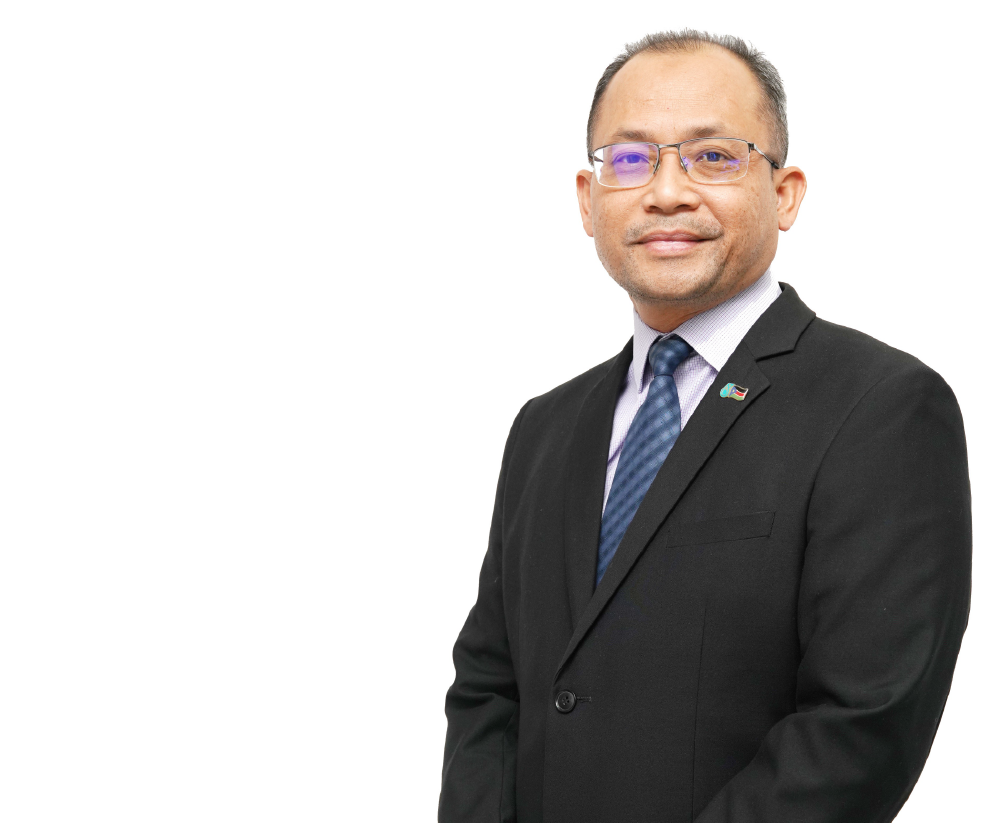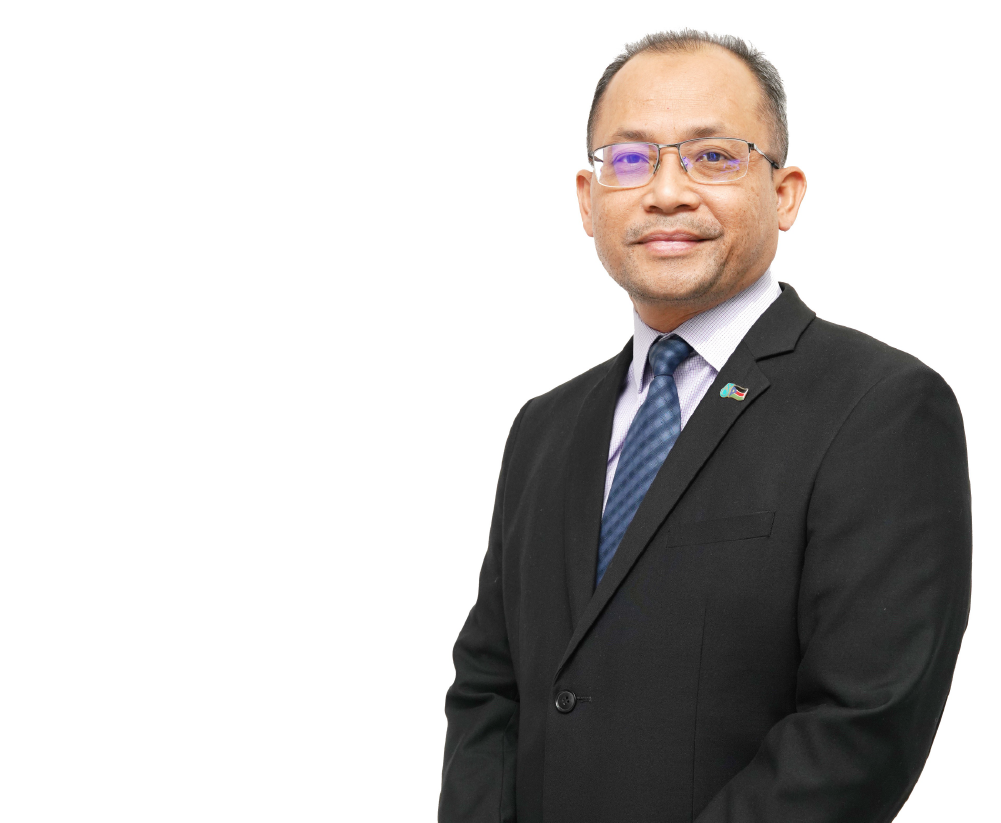After years of conflict, the 2018 Revitalised Peace Agreement brings renewed hope and provides a window of opportunity for the South Sudanese government to put in place measures to support its nascent economic recovery.
15/09/2021 • 3 mins read
Building a Sustainable Energy Future in South Sudan

With the third largest oil reserves in sub-Saharan Africa or an estimated 3.5 billion barrels, the oil industry is the lifeblood of the South Sudanese economy, contributing to a significant portion of the government’s revenue. Nevertheless, it remains important for South Sudan to balance the massive potential in the energy sector with its traditional mainstay – agriculture, which remains a major source of livelihood for 80 per cent of its population and contributes to 15 per cent of its economy.
Economic recovery after years of conflict is the current priority. For the oil and gas sector, it began with the rebuilding of facilities that were affected and rectifying the consequential impact on the surrounding environment. Returning to the site after security clearance, Sudd Petroleum Operating Company (SPOC) embarked on a massive clean-up and restoration mission. SPOC, a Joint Operating Company (JOC) comprising PETRONAS and partners ONGC Videsh Ltd (OVL) and South Sudan national oil company, Nile Petroleum Corporation (Nilepet), is engaged in exploration, development, and production of hydrocarbon resources for Block 5A in the Tharjiath field, part of the Muglad-Sudd Rift Basin.
The clean-up, which was completed in 2018, significantly reduced the risk of further impact on the environment. SPOC has also put in place innovative measures to help restore and protect the surrounding environment and communities.


One of the key measures is the Produced Water Treatment System (PWT), first to be introduced in Tharjiath using Geo Cell Technology for the catchment ponds. Geo cells control erosion while stabilising soil to prevent produced water from spilling into the surrounding environment and contaminating local groundwater. A parameter monitoring will also be installed to prevent pollution to groundwater, soil, air, and other environmental parameters during operation.
In addition to this, a Bioremediation system will be reinstated in the first quarter of 2022. This ecologically friendly system promotes biodiversity in the area. Treated water will undergo chemical and toxicological assessments for water, soil and plants so that it can be safely discharged for forestry and agroforestry use. This system ensures that produced water meets South Sudanese and International Standards on the discharge of water to the environment.
In ensuring minimal excavation to inspect pipeline integrity, SPOC employs another first which is the Magnetic Tomography Method (MTM) for the Tharjiath pipeline. The MTM uses magnetic technology to check for pipeline anomalies, helping to protect farmlands and local ecosystems along the pipeline route.


“In addition to the preservation of land along the 172-kilometre pipeline and ensuring safety, MTM ensures that we can effectively monitor and mitigate any possible risk such as leaks or ruptures as well as quickly manage any issues that arise,” says former PETRONAS South Sudan Operations Country Chairman, Anuar Ismail. Anuar believes that the current Country Chairman, Peter Majid anak Tandom, who assumed the role on 1 September 2021, will continue the good work that is being done in South Sudan.
PETRONAS places utmost importance on sustainable growth in South Sudan through the implementation of these innovative technologies. The implementation of these technologies also come with the transfer of knowledge to South Sudanese workers with ample on-the-job training opportunities. And with the PETRONAS’ International Educational Sponsorship Programme (IESP), the path is paved for the creation of a new generation of skilled South Sudanese oil and gas professionals.
Since 2000, some 97 South Sudanese students became beneficiaries of IESP, for which PETRONAS has invested significantly. These students have gone on to become valuable talents in the energy industry of South Sudan. Some 87 South Sudanese also underwent the Production Operation Training Programme organised by PETRONAS’ technical training institute, Institut Teknologi Petroleum PETRONAS (INSTEP). These are skilled talents who will be able to join the PETRONAS JOCs in developing the oil industry and rebuilding the economy of South Sudan.


“We are cognisant that long-term sustainability is very important for South Sudan and its people. PETRONAS and its JOC partners will continue to deliver technical and technological expertise for safe, viable oil and gas operations which benefit South Sudan’s economy and its people. Also, the development of its skilled human capital for flourishing energy industry.”
Anuar Ismail
Former Country Chairman, PETRONAS South Sudan Operations







